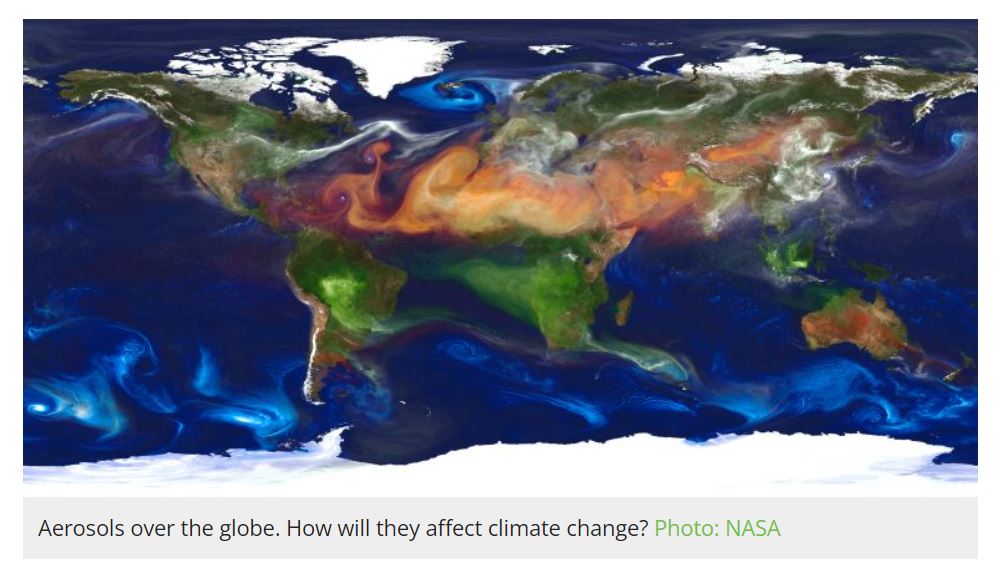by Renee Cho
January 12, 2023
The favored refrain of climate deniers and those who oppose climate policies is that “the science is not settled.” To some degree, this is true. Climate scientists are still uncertain about a number of phenomena. But it is the nature of science to never be settled — science is always a work in progress, constantly refining its ideas as new information arrives.
 Certain evidence, however, is clear: global temperatures are rising, and humans are playing a role in it. And just because scientists are uncertain about some other areas, does not negate what they are sure about.
Certain evidence, however, is clear: global temperatures are rising, and humans are playing a role in it. And just because scientists are uncertain about some other areas, does not negate what they are sure about.
What’s certain and what’s not
Reputable climate scientists around the world are in almost unanimous agreement that human influences have warmed the atmosphere, ocean, and land and that the speed of the changing climate exceeds what can be attributed to natural variability. They are also virtually certain that this warming has been driven by the carbon dioxide and other greenhouse gases produced by human activities, mainly the burning of fossil fuels. Climate scientists are highly confident about these things because of fundamental principles of physics, chemistry, and biology; millions of observations over the last 150 years; studies of ice cores, fossil corals, ocean sediments, and tree rings that reveal the natural influences on climate; and climate models.
Despite this evidence, “In the climate change field, with its countless socioecological factors and interdependent systems, its known unknowns and unknown unknowns, deep uncertainty abounds,” said the World Resources Institute. The uncertainties are due to an incomplete understanding of Earth’s systems and their interactions; natural variability in the climate system; the limitations of climate models; bias; and measurement errors from imprecise observational instruments. In addition, there is great uncertainty about how the climate will be affected by humans and the demographic, economic, technical, and political developments of the future.











